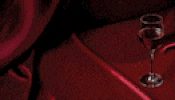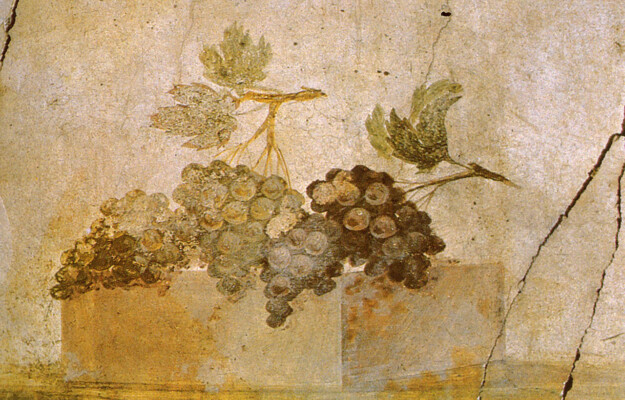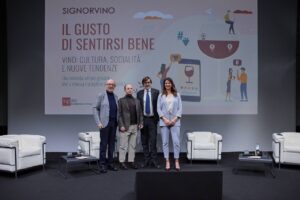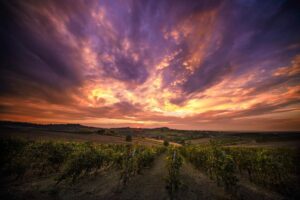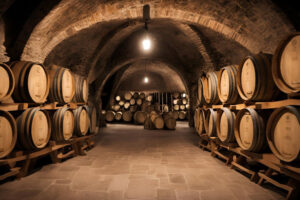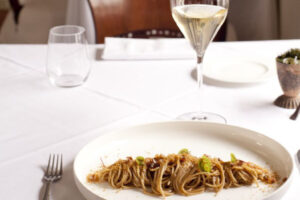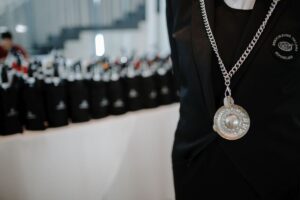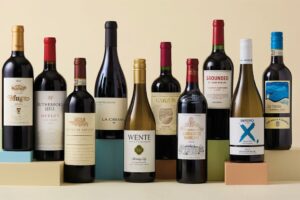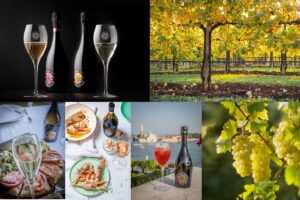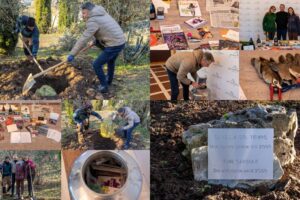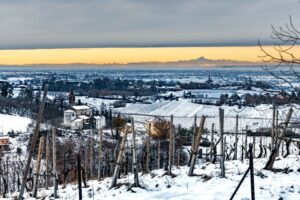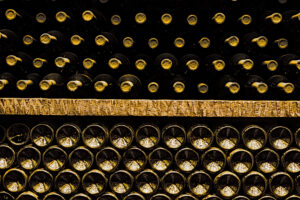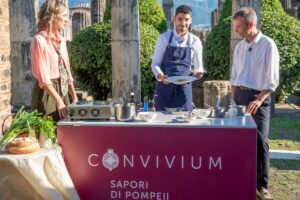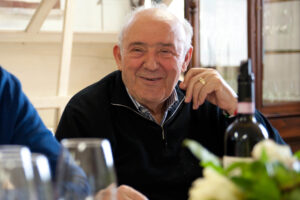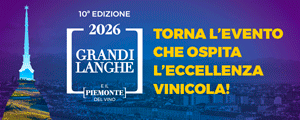The first major city that unified the wine trade from the Middle East to the Mediterranean and throughout Europe, and which upholds the long-standing traditions of Italian cuisine that are exported around the globe, Pompei will be the backdrop to tell 8,000 years of history of vine and wine from Georgia to Campania, between culture, art and science, retracing the ancient wine routes and to understand the evolution of vine cultivation, but also to rediscover the most ancient flavours and plates “crystallised” under the ashes of the eruption of Vesuvius in 79 A.D. On the 2nd and 3rd of September, the UNESCO World Heritage Archaeological Park is hosting a “Convivium” (WineNews will follow its work, ed) dedicated to the antiquity of “vitae” and wine, with scholars, producers and chefs comparing and a tasting journey through the wines of 40 companies from Georgia, Cyprus, Lebanon, Greece and Italy, shared with the Embassies of Georgia, Greece and Cyprus and with the contribution of the Italian Embassy in Tbilisi, to arrive in Campania with a significant cellars selection and five Consortiums of “Campania Felix” (Vitica Caserta, Sannio Dop, Vesuvio Dop, Vini d’Irpinia, Salernum Vitae).
After having been the exceptional stage for the launch of the official image of the candidacy of Italian cuisine for UNESCO World Heritage status by the Italian Government in recent days, on 2 September in Pompei, in the Quadriportico dei Teatri, at the opening of the event promoted with the artistic direction of MisteryApple Communication, Archaeological Park of Pompei and Ais-Italian Sommelier Association Campania, there will be a talk about “The ancient wine routes from the origins of Georgia to Pompei”, in a conference with Attilio Scienza, professor of the Faculty of Agriculture of the University of Milan and one of the leading viticulture experts in the world. He will demonstrate the ancient similarities between the first vinifications in Georgia with those of Caserta and Campania, with the archaeologist and anthropologist director of the Georgian National Museum David Lordkipanidze, author of the scientific study which takes us back to the land’s “cradle” of wine, and the head of the National Wine Agency of Georgia, of the Ministry of Agriculture David Maghradze, to explore the new frontiers of grape varieties in Georgia. Following this, Ais Campania will tell, with Tommaso Luongo, about the “Experiences of Vitae” project, with the awarding of the “quattro Viti” bells of the “Vitae 2023” Guide and the “Best Sommelier Competition in Campania”.
On the 3rd of September, again in the Quadriportico dei Teatri, the director of the Archaeological Park of Pompei Gabriel Zucktriegel will illustrate a farm in Pompei and the new vineyards. “For an anthropological evolution of food: knowledge, flavours, science and technology” with chef Alfonso Iaccarino, the professor of Marketing and Digital Transformation at the Federico II University of Naples Alex Giordano and Franco Pepe, the best pizza maker in the world of “The Best Chef Awards 2021”, there will instead be a dialogue beginning from the book “Foodsystem 5.0 Agritech. Dieta Mediterranea. Comunità” by Professor Giordano for Edizioni Ambiente, and with Dante Stefano Del Vecchio, curator of the event. This will be followed by the Lectio Magistralis “A journey into the past to understand wine” held by Professor Luigi Moio, president of the OIV-International Organization of Vine and Wine, full professor of Oenology at the Federico II University of Naples and producer. Additionally, a discussion on “Dionysus in the shadow of Vesuvius” will be held, which is being organized by the archaeologist Mario Cesarano of the Naples Archaeological Superintendence.
During the masterclasses, on 2 September, there will be a talk about “The routes of vine and wine in antiquity”, with Falanghina del Sannio Dop, Piedirosso Pompeiano Igt, Taurasi Riserva Docg, Falerno Doc Bianco and Pian di Stio in the glasses Igp Paestum Fiano di San Salvatore, next to the Rkatsiteli in amphora from the Monastery of Shavanbada in Georgia, the Xinisteri of the Vasilikòn Winery in Cyprus, and the Nectar Passito Cantina Eos Samos from Greece. Which will also be at the centre of the “Greece and the Mediterranean” masterclass, alongside with wines such as Tselepos’ Amalia Brut, Classic Method obtained from 100% Moschofilero grapes, a native variety of the Peloponnese, whites from native vines of the island of Cyprus Xinisteri of Tsiakkas and Vasilissa of Vasilikon, and Santorini from 100% Asyrtiko grapes from Canava Chrissou from the island of Santorini, from Aspros Lagos from Douloufakis, from 100% Vidiano grapes from the island of Crete, to La lacrima del pino, resined wine of Kechris from 100% Assyrtiko grapes from Macedonia, and reds such as Nemea Riserva di Tselepos, from 100% Agiorgitiko grapes from the Peloponnese, Fine Mavroudi from 100% Mavroudi grapes from Thrace, from Anatolikos Ampelonas, and Commandaria Teodora Gold, a raisin wine of Karseras of the island of Cyprus. On 3 September, the protagonists of the masterclasses will be the “Georgian wines of Georgia, antiquity and Qvevri”, from Marbano Saperavi Kvareli to the orange wines Kardenakhi Mtsvane and Napheri Rkatsiteli Grand Cru Tsarapi, from Kapistoni Shavkapito to Saperavi Vcr41, from Rktastiteli Vcr105 to Mtsvane Vcr64, with Tamar Tchitchiboshvili, sommelier from Georgia, and Eugenio Sartori, director of Vivai Cooperativi Rauscedo. But also “L’Alberata in antiquity”, with the Asprinio di Aversa Doc from Tenuta Fontana. Finally, a significant moment will be the reproduction of the ancient Pompei focaccia by the historic chef of Neapolitan cuisine Antonio Tubelli, in collaboration with the Hotel Institute of Vairano Scalo “G.Marconi”.
Copyright © 2000/2026
Contatti: info@winenews.it
Seguici anche su Twitter: @WineNewsIt
Seguici anche su Facebook: @winenewsit
Questo articolo è tratto dall'archivio di WineNews - Tutti i diritti riservati - Copyright © 2000/2026

